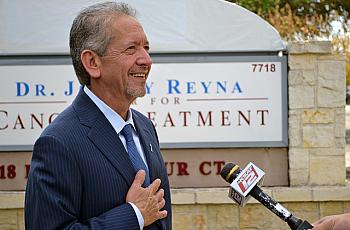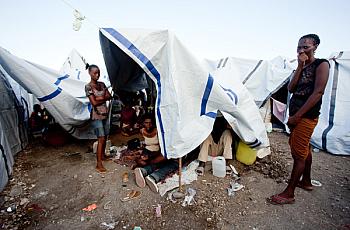
William Heisel
Contributing Editor

Contributing Editor
I have reported on health for most of my career. My work as an investigative reporter at the Los Angeles Times and the Orange County Register exposed problems with the fertility industry, the trade in human body parts and the use of illegal drugs in sports. I helped create a first-of-its-kind report card judging hospitals on a wide array of measures for a story that was a finalist for the Pulitzer Prize. I was one of the lead reporters on a series of stories about lead in candy, a series that also was a finalist for the Pulitzer.For the Center for Health Journalism (previously known as Reporting on Health), I have written about investigative health reporting and occasionally broke news on my column, Antidote. I also was the project editor on the Just One Breath collaborative reporting series. These days, for the University of Washington, I now work as the Executive Director for Insitutue for Health Metrics and Evaluation's Client Services, a social enterprise. You can follow me on Twitter @wheisel.

A recent White House report noted that there is no evidence that state-by-state licensing improves quality or safety. And yet we have a 50-state system for doctors and for most other health care professionals. Is broad reform possible?

Strict professional licensing rules don't necessarily translate into higher-quality work, as a recent report from the White House made clear. Might there be a smarter way? One option: directly regulate the companies that employ the people who are being subject to licensure.

I’d been going to the same woman to cut my hair for five years, and she was always the picture of calm. Until the day she looked at the front door as it was opening and said to me, “I have to run.” Then, her face the picture of panic, she ran.

Leaders of health organizations rightfully get excited when a big donation appears on the horizon. But long before the shovels hit dirt, it’s critical to have a frank discussion with donors to understand their needs and expectations. Think of Garth Brooks as a warning case.

Many health care nonprofits rely on the good will of donors to carry out their missions. But when donors start to waver or renege on their committments, it's easy for organizations to prematurely reach for legal remedies, as contributing editor William Heisel explains.

Saint John’s Health Center in Los Angeles garnered media attention recently with the news that it was suing a donor after her estate refused to fulfill a multi-million dollar donation pledge. William Heisel explores what happens when dream donations turn into legal nightmares.

A new study on tuberculosis in wake of the devastating 2010 Haitian earthquake offers a number of health policy lessons that hold true far beyond the tiny island nation. The country's robust approach to HIV testing is one of them.

While the media focuses on the negotiations surrounding Greece's deepening debt crisis, another angle of the story has received less attention: A country on the financial brink is on the verge of a health crisis, too, with medicine shortages a real possibility.

Despite new recommendations from the U.S. Preventive Services Task Force in 2009 urging women to reevaluate how often they receive mammograms, there's still an incredible amount of confusion over how often women should undergo such screening tests.

At first, Virginia's announcement that it was digitizing millions of vital records seemed like a win. But a closer look reveals that the effort has placed the records behind a paywall that effectively hinders access. That's a shame, given the public health benefits that come with freer access.